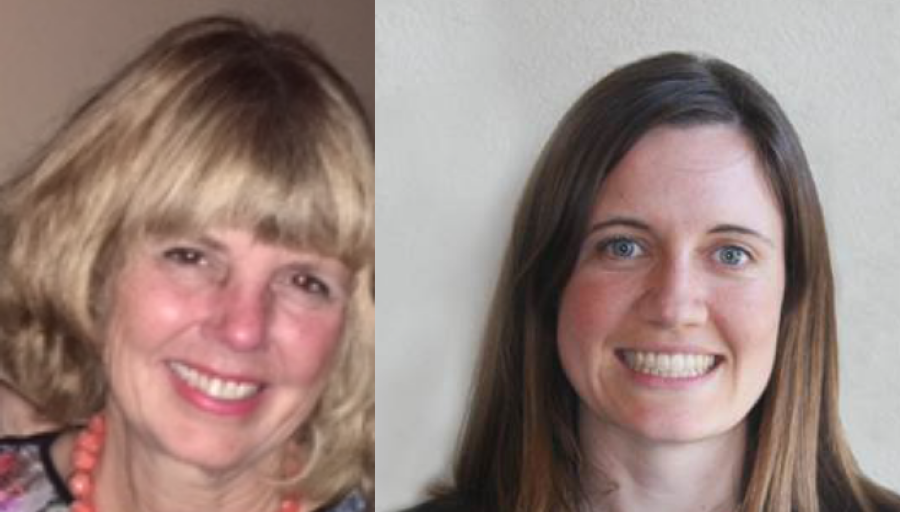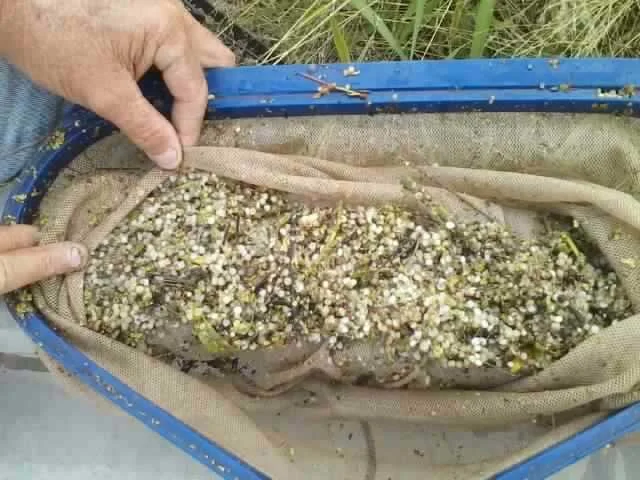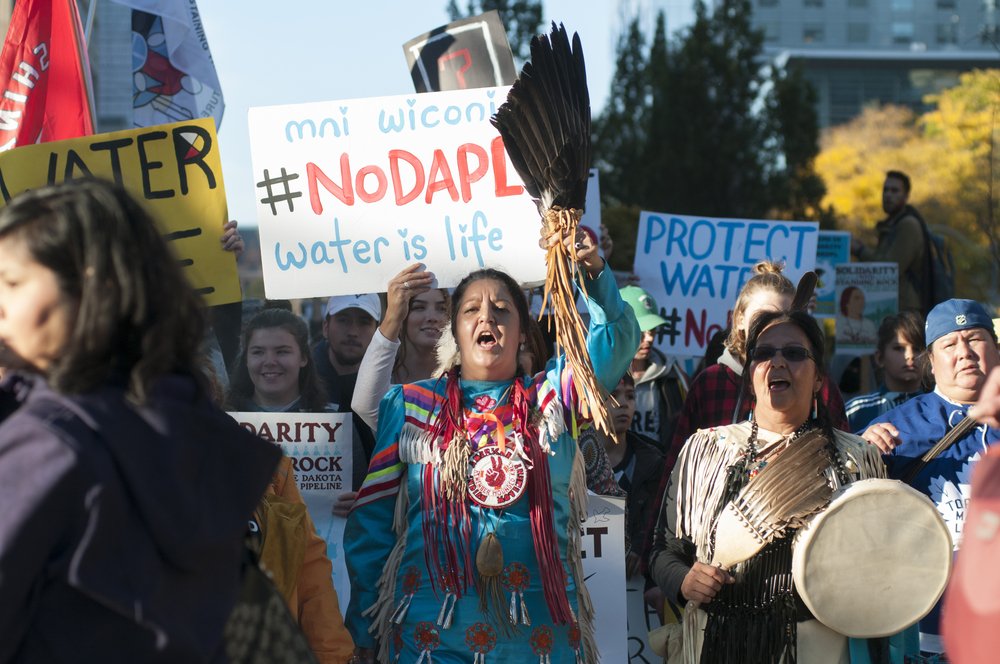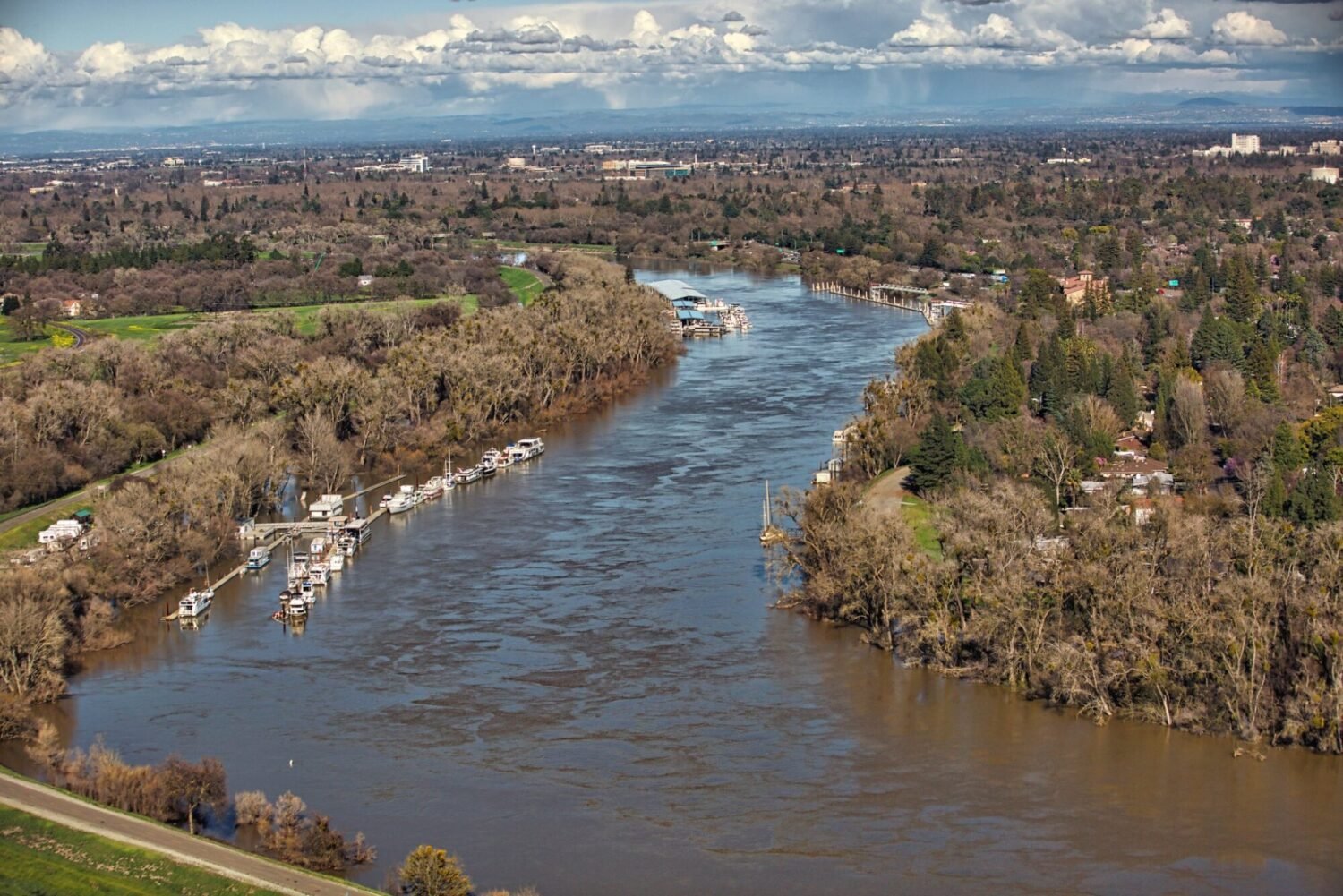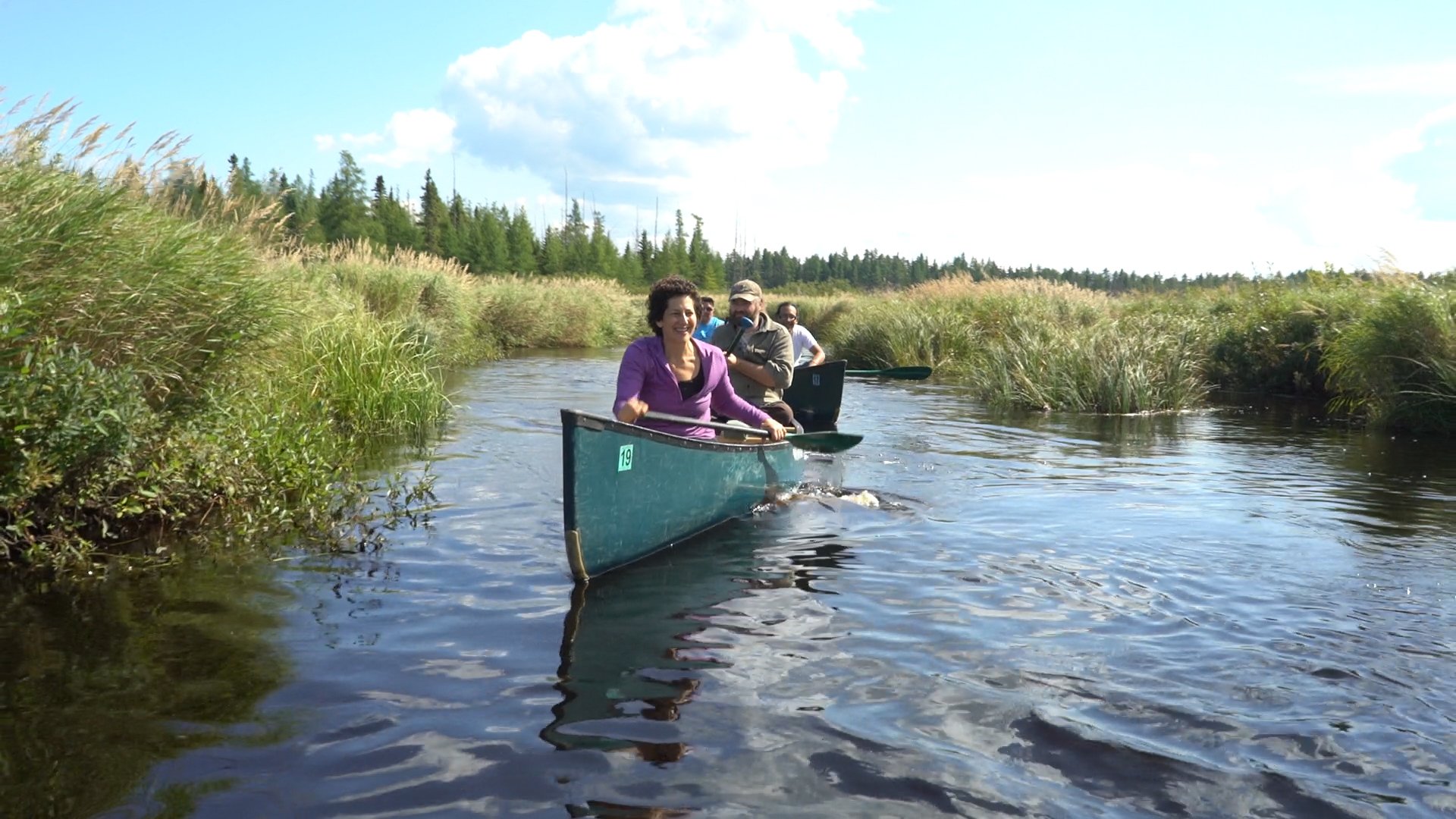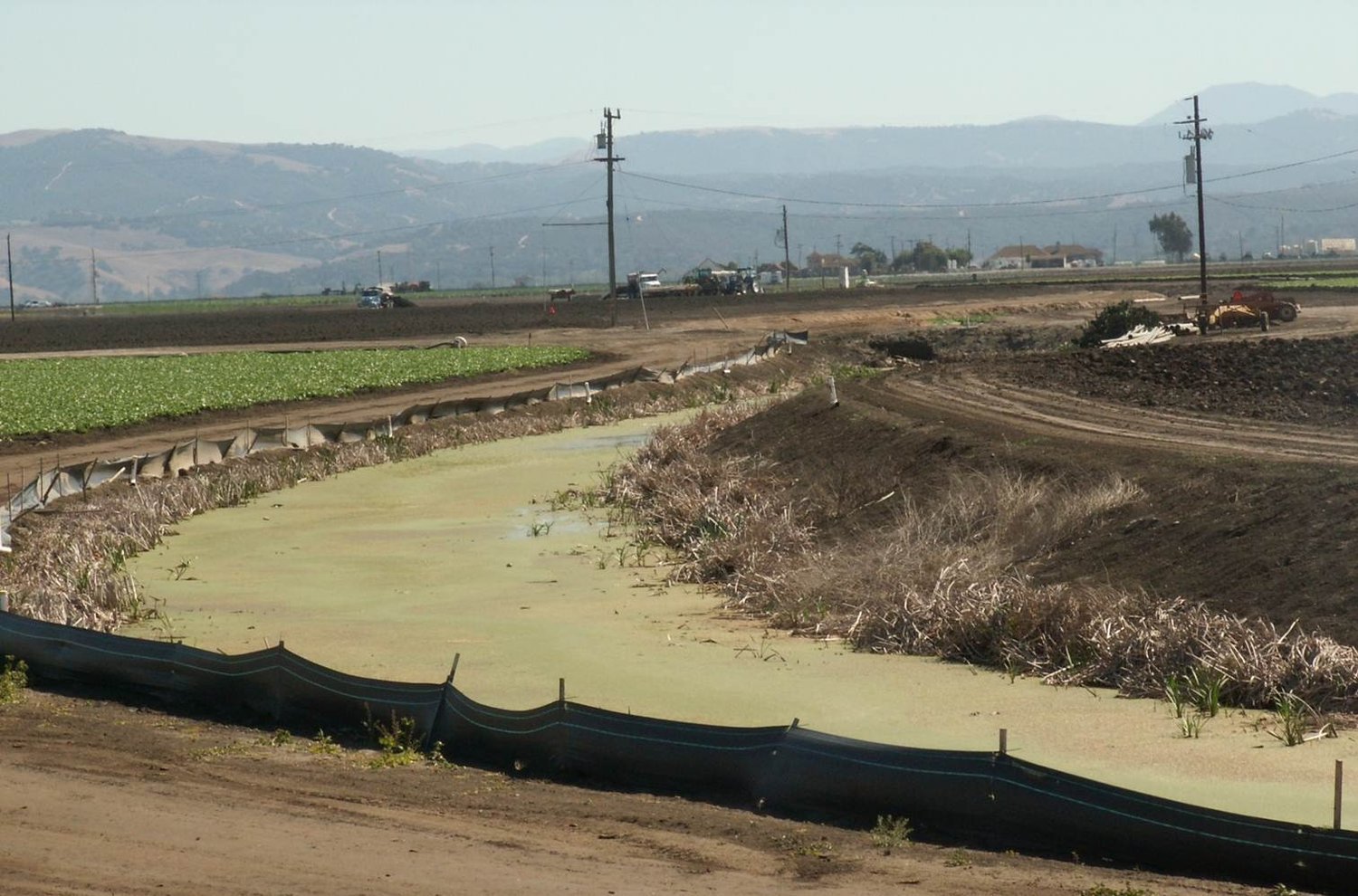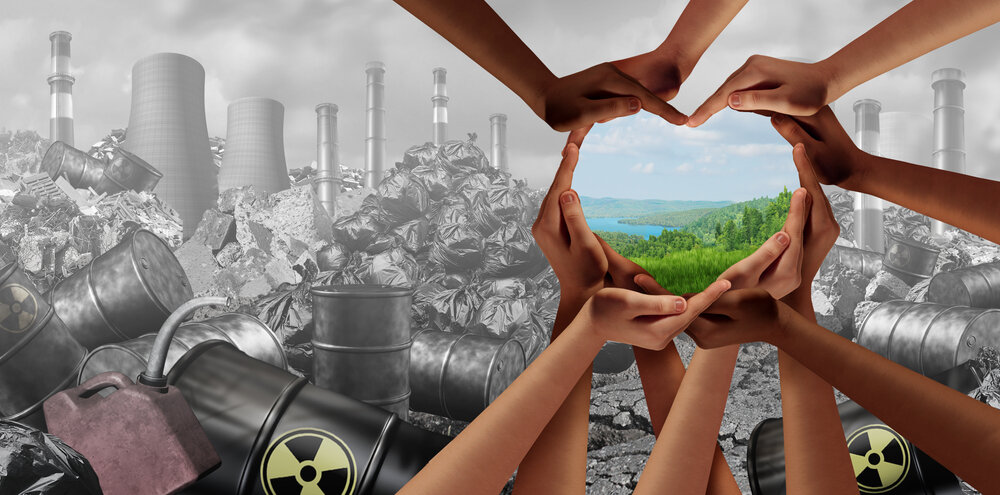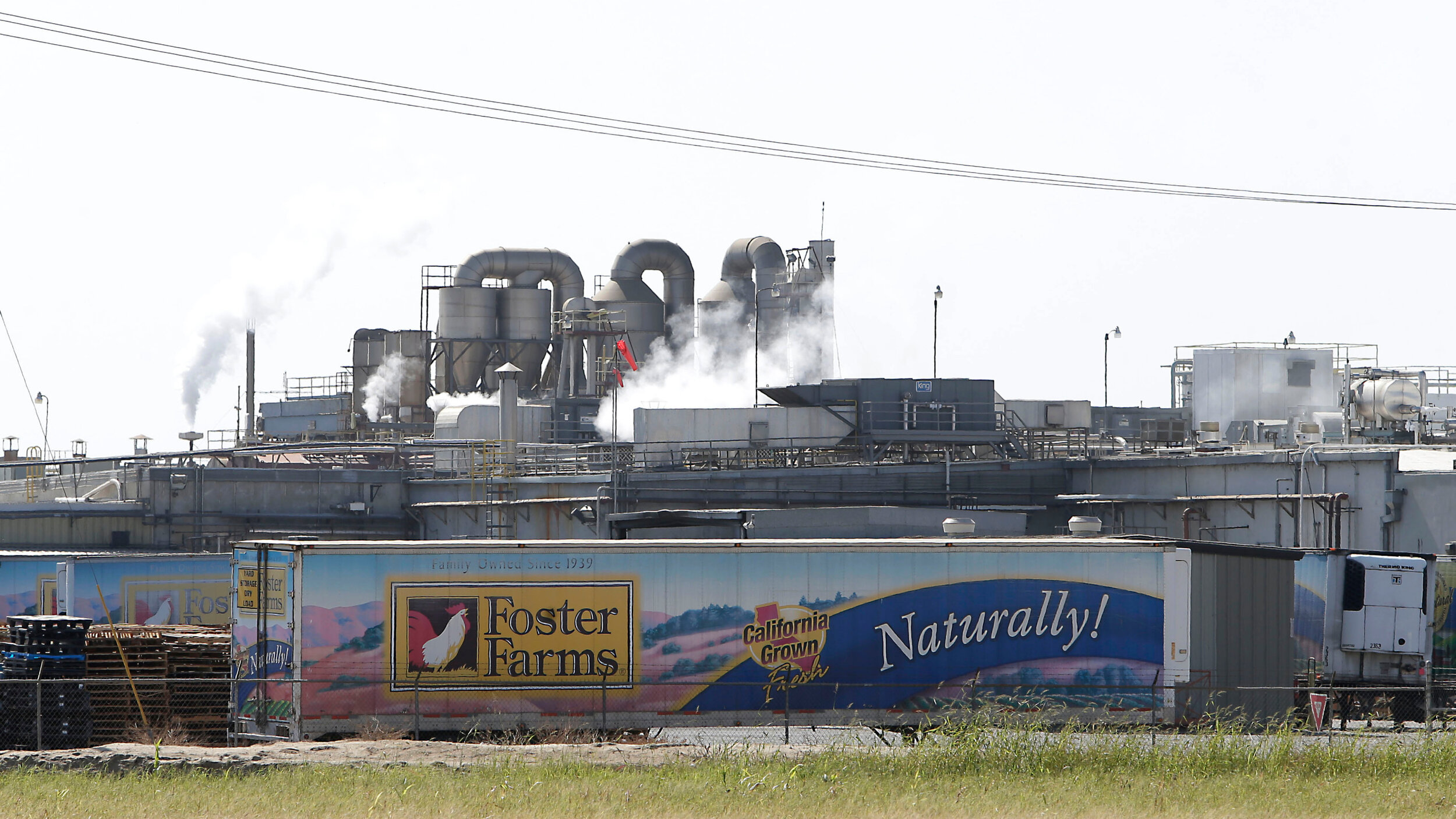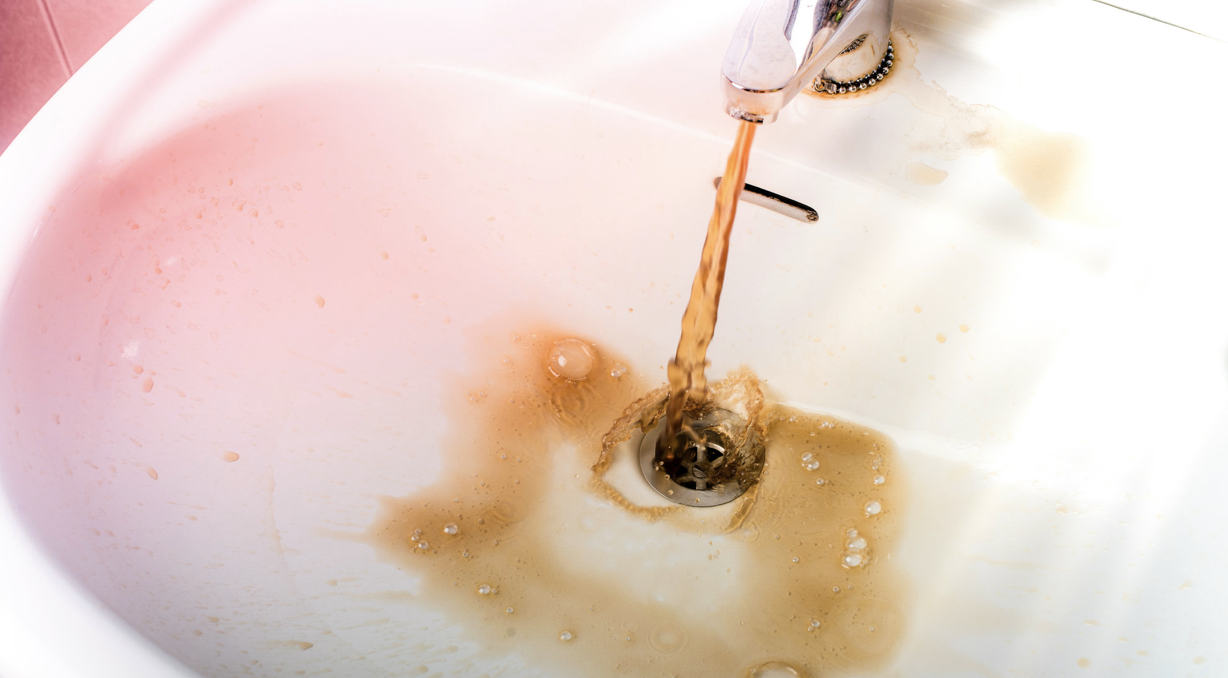A Victory for Citizen Science along the Gulf Coast: Nurdles, Zero Discharge, and $50M
Amy Johnson and Erin Gaines , Attorneys at Texas RioGrande Legal Aid
Diane Wilson is a former shrimper and fisherwoman who has been fighting the pollution generated by Formosa Plastics Corporation in Point Comfort, Texas, for almost three decades. For the past three years, our team at Texas RioGrande Legal Aid has represented in a lawsuit challenging Formosa for violating the Clean Water Act by illegally discharging billions of plastic “nurdles” and powder into Cox Creek and Lavaca Bay on the Gulf of Mexico. These small plastics, which are smaller than 5 millimeters, are called “microplastics.” They are produced by Formosa Plastics in small nurdles and powders and sold to other companies to be made into larger plastic items.
According to the National Oceanic and Atmospheric Administration, plastics are the most prevalent marine debris in our oceans. Because plastics do not biodegrade, they remain in the environment for hundreds of years. Fish, turtles, shrimp, oysters, crabs and birds will eat microplastics. In the past few years, local Texas fishermen found pellets in gutted fish near Formosa’s facility. Microplastics can also transport other contaminants they contact. In Lavaca Bay, expert testing in the case revealed microplastics to be contaminated with mercury.
Bob Lindsey, a plaintiff and member of the San Antonio Bay Estuarine Waterkeepers, catalogues samples of plastic pellets and powders.
On December 6, U.S. District Judge Kenneth M. Hoyt approved $50 million environmental settlement between Formosa Plastics Corp. and Plaintiffs Diane Wilson and San Antonio Bay Estuarine Waterkeeper that will fund pollution mitigation projects near Formosa’s Point Comfort, Texas, facility. The agreement is the largest ever settlement of a Clean Water Act suit filed by private individuals. The settlement also requires Formosa to meet a stringent standard known as “zero discharge,” in which the Point Comfort facility must stop all discharge of plastics into nearby waterways.
Wilson and her co-plaintiffs – volunteer members of the San Antonio Bay Waterkeepers who are represented by private co-counsel, David Frederick of Austin and David Bright of Corpus Christi – sent a notice of intent to sue letter under citizen suit provision of the Clean Water Act in April 2017, and filed the case in federal district court in Victoria, Texas in July 2017. Wilson and Waterkeeper volunteers spent over three years patrolling the waterways near Formosa on an almost daily basis, collecting a total of 2,428 samples of pellets and powders, which they stored in zip-lock bags and quart-sized bottles marked with dates, times, and locations. They also took thousands of photos and videos of pellets and powders in the water and along shores.
Plaintiffs’ trial team reviewed tens of thousands of pages of documents produced by Formosa. Plaintiffs presented extensive testimony of highly qualified experts, including Dr. Aiza Jose-Sanchez, a PhD engineer who specializes in ways to remove microplastics from stormwater, and Dr. Conkle of Texas A&M Corpus Christi who studies microplastics. Formosa challenged the experts’ testimony, but the Judge found all their testimony to be “reasonable and credible.” Because those experts reviewed confidential information, their reports have not yet been made available to the public, but part of the settlement requires Formosa to review which parts of the experts’ reports can be released to the public. Plaintiffs anticipate that useful information about methods to prevent plastic discharges will be made available.
Diane Wilson, former shrimper and plaintiff represented by Texas RioGrande Legal Aid (TRLA), collecting plastic pellets from the waterways near the Point Comfort facility.
When the suit went to trial for the liability phase in March 2019, the Waterkeepers packed the 2,428 samples into boxes, drove them to the courthouse in downtown Victoria, and presented them as evidence. Plaintiffs’ marine science expert, Dr. Jeremy Conkle, also testified that from 2017 to February 2019, Formosa’s contractor cleaned up between 7.6 billion and 75 billion individual pellets, meaning that Formosa had discharged well more than this amount since extensive plastics still remained in the environment. Other concerned local citizens testified about seeing extensive discharges of pellets and powder from Formosa’s wastewater discharge pipe directly into the middle of Lavaca Bay.
In his ruling for the plaintiffs issued June 27, 2019, Judge Hoyt described Formosa as a “serial offender” and wrote that its violations of the Clean Water Act were “extensive, historical, and repetitive.” After the ruling on liability, Wilson stated "I have felt justice delivered and it’s a very rare feeling, and I’m having a hard time getting my head wrapped around what this feels like."Calhoun
Sample of pellets or “nurdles” by Ronnie Hamrick, member of San Antonio Bay Estuarine Waterkeeper, from November 2018
That Formosa agreed to zero discharge is pivotal. This is a standard that citizens all over the country are fighting to get enforced in their communities. Another key part of the settlement is that Formosa must clean up illegally discharged plastics in an environmentally sensitive manner, as recommended by a new remediation expert. The settlement also details how and when Formosa will make improvements to its plant to eliminate the discharge of plastic pellets. Plaintiffs will have access to review decisions and make objections throughout the process – from the hiring of an engineer to design the improvements to the monitoring of Formosa to achieve zero discharge. If Formosa is found to be in violation again, it will pay for every documented discharge back into the settlement fund. Payments will start at $15,000 per discharge in 2020 and increase in annual increments to over $54,000 per discharge. Finally, there are reporting requirements, an independent monitor, site visits, and other accountability requirements.
The $50 million in mitigation payments will be paid out over five years into a fund supporting projects that will help revitalize the marine resources, public beaches, and waterways for residents of Calhoun County, whose local beaches and livelihoods have been threatened by the illegal discharge of plastic pellets and powder from the Formosa Plastics for years. Some of those projects include:
• $20 million for creating a cooperative that will develop sustainable fishing, shrimping and oyster harvesting and help revitalize depleted marine ecosystems, if needed.
• $10 million for environmental development of Green Lake park, the 2nd largest natural lake in Texas, into an environmentally sound public park.
• $2 million to control erosion and restore beaches at Magnolia Beach.
• $5 million for environmental research of San Antonio and Matagorda bay systems and river deltas that feed into them.
• $1 million to support the “Nurdle Patrols” at the University of Texas’s Marine Science Institute, and to give scholarships to allow persons throughout the Gulf coast to attend Nurdle Patrol conferences. The Nurdle Patrols are volunteer groups that collect plastic pellets, also known as nurdles, in order to document and research plastic pollution of the Gulf and its shores.
• $750,000 to the YMCA for camps for children to study and learn how to be good stewards of the local marine environment.
• $11.25 million for future projects in the areas and to pay the costs of the trust.
None of the $50 million settlement will be awarded to the plaintiffs. A settlement of this size and complexity sends a powerful message that polluters will suffer significant consequences for discharging plastics into our waterways and that engaged residents can hold them accountable. This is an especially important message for our current era – when plastic pollution of our oceans is hitting crisis levels.

